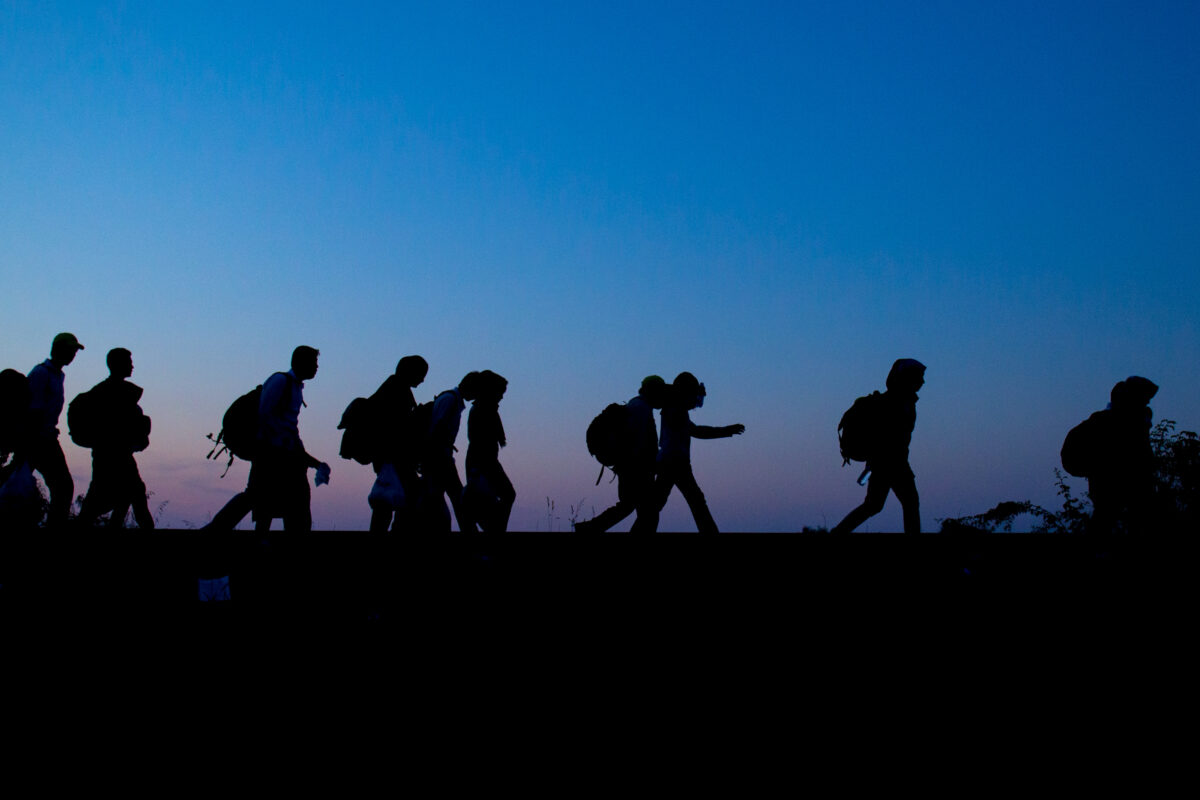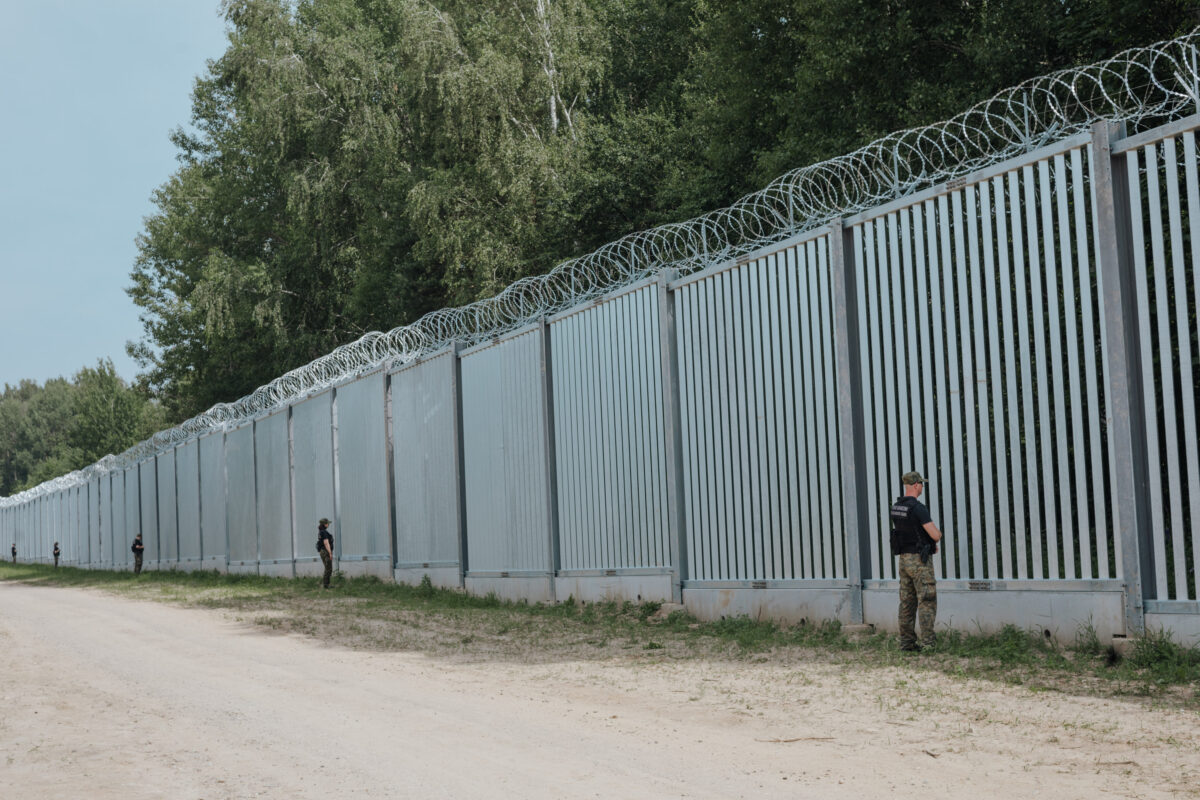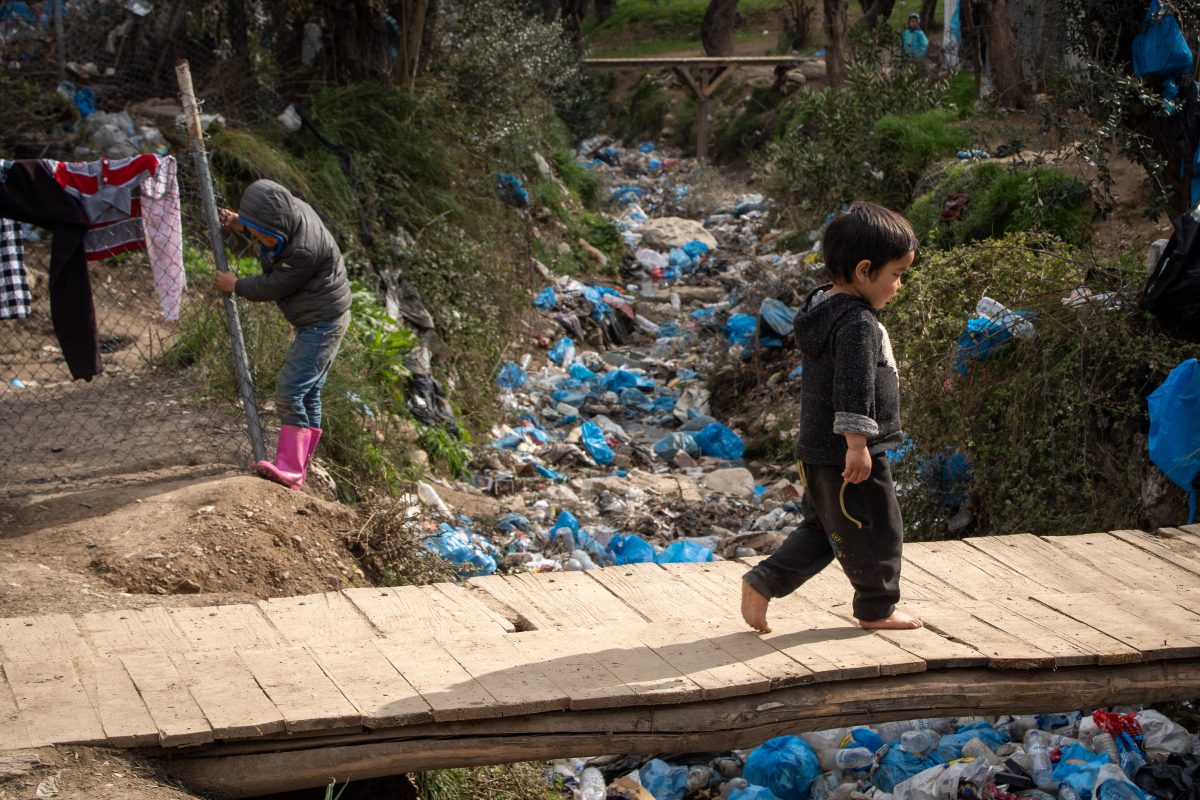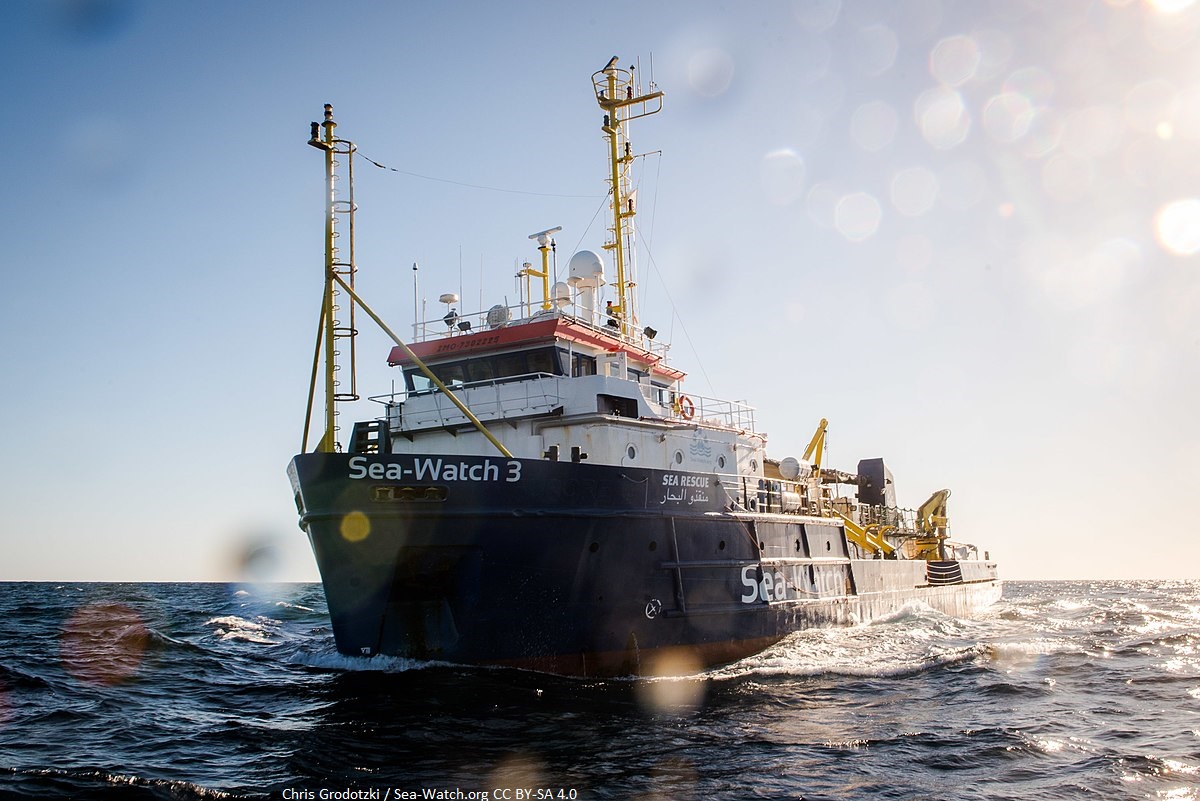Flucht nach Europa: “Auf dieser Route kümmert es niemanden, ob du lebst oder stirbst”
Wer sich auf den Weg nach Europa macht, um dort Schutz oder Zukunftsperspektiven zu finden, geht dabei in der Regel durch die Hölle – oder stirbt. Das zeigt ein neuer Bericht des UNHCR, Mixed Migration Centre and the Internationalen Organisation für Migration (IOM).
Dafür wurden von 2020 bis 2023 mehr als 31.000 Menschen in Italien und mehreren afrikanischen Ländern dazu befragt, was sie auf der Flucht nach Europa erleben mussten. An der Tagesordnung: Folter, körperliche Gewalt, sexuelle Gewalt und Ausbeutung, Versklavung, willkürliche Inhaftierung, Tod, Entführung zur Erpressung von Lösegeld, Menschenhandel, Zwangsarbeit, Organentnahme, Raub, kollektive Ausweisung und Abschiebungen.
Extreme Gewalt: Es ist schlimmer als je zuvor
Die Daten zeigen, dass sich die Lage im Vergleich zum ersten Bericht von 2020 noch deutlich verschlimmert hat. Schutzsuchende sind auf dem Mittelmeer und der Flucht dorthin weiterhin extremer Gewalt ausgesetzt. Neue Konflikte in der Sahelzone haben die Zahl der Vertriebenen in der Region verdoppelt, insbesondere der Krieg im Sudan. Extreme Armut und die durch den Klimawandel verursachten Naturkatastrophen im Osten und am Horn von Afrika tun ihr Weiteres. In den Transitländern fallen außerdem immer mehr Flüchtende einem starken Anstieg von Rassismus zum Opfer, oft ausgelöst von politischen Entscheidungsträger:innen wie dem tunesischen Autokraten Saied, der gerne gegen Geflüchtete hetzt.
Wenig Schutz entlang der Fluchtrouten, dafür anhaltende Straflosigkeit
Ein riesiges Problem sind mangelnde Sicherheitsnetze entlang der Routen nach und durch Nordafrika. Schutzsuchende sind dort in der Regel völlig auf sich gestellt. Sie müssen Gebiete durchqueren, in denen bewaffnete Gruppierungen und kriminelle Banden sie ausbeuten, missbrauchen, verschleppen. Wird eine Fluchtroute unpassierbar, zum Beispiel, weil sie durch Konfliktzonen führt oder Grenzbeamte dort stärker kontrollieren, verlagern sich die Wege in noch entlegenere Gebiete. Dort sind die Menschen dann wiederum noch größeren Risiken ausgesetzt. Gleichzeitig herrscht faktisch vollständige Straflosigkeit für Schmuggler und andere bewaffnete Gruppen. Im schlimmsten Fall werden sie noch von Regierungen unterstützt, wie zum Beispiel in Libyen.
Wir dürfen uns an diese Geschichten niemals gewöhnen
Organisationen und Staaten entlang der Routen scheinen sich laut des Berichts fast schon an den Missbrauch gewöhnt zu haben, der dort alltäglich stattfindet. Von einem “gefährlichen Gefühl der Resignation” und einem unaufhaltsamen Verlust von Hoffnung ist die Rede. Dabei gibt es sehr wohl Lösungen und Schutzmaßnahmen; mal ganz abgesehen davon, dass sich Staaten im Rahmen des Völkerrechts und anderer Instrumente dazu verpflichtet haben, Leben zu retten und Menschenrechte zu achten.
Es braucht Friedensanstrengungen, Armutsbekämpfung, konkrete Maßnahmen zum Schutz vor den Folgen des Klimawandels. Und für diejenigen, die ihr Zuhause verlassen müssen, braucht es sichere Fluchtrouten, humanitäre Visa und Solidarität. In anderen Worten: Wir müssen dringend handeln.
Aber die “Angst” vor irregulärer Migration und der Unwillen von Regierungen verhindert, dass klar benannt wird, welcher Horror auf den Migrationsrouten geschieht. Mit welchen Akteur:innen man zusammenarbeitet, um Menschen daran zu hindern, nach Europa zu kommen. Und wie lieber weiter Menschen sterben sollen, bevor man hierzulande seiner Verantwortung nachkommt. Spätestens nach diesem Bericht kann niemand mehr sagen, man hätte es nicht gewusst.




